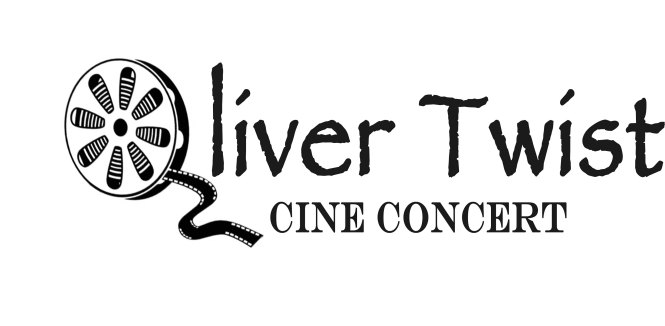Oliver Twist, a novel by Charles Dickens.
Oliver Twist, subtitled The Parish Boy’s Progress, is the second novel by English author Charles Dickens, published by Richard Bentley in 1838. The story is about an orphan, Oliver Twist, who endures a miserable existence in a workhouse and then is placed with an undertaker. He escapes and travels to London where he meets the Artful Dodger, leader of a gang of juvenile pickpockets. Naïvely unaware of their unlawful activities, Oliver is led to the lair of their elderly criminal trainer Fagin.
Oliver Twist is notable for Dickens’s unromantic portrayal of criminals and their sordid lives. The book exposed the cruel treatment of the many orphans in London during the Dickensian era.
Oliver Twist has been the subject of numerous film and television adaptations, and is the basis for a highly successful musical play and the multiple Academy Award winning 1968 motion picture made from it.
Oliver Twist, a Frank Llyod film (1922)
Of all the versions brought to the screen, the Oliver Twist of Frank Lloyd is definitely the most faithful to the Dickens novel.
The distribution is flattering. It brings together two big stars of silent film:
Lon Chaney, is excellent in the role of Fagin. It highlights the ambiguity of the character.
Oliver is played by Jackie Coogan, who had already shown in The Kid alongside Charlie Chaplin. Sometimes comical, low, sad or hard, he played this role brilliantly.
Of an exceptional achievement, Oliver Twist beautifully traces the spirit of Dickens and atmosphere of London slums in Victorian times.
The copy of the film was lost and then rediscovered in the 1970s. We thank the company Lobster Films, and its director, Serge Bromberg, who restored and distribute the film. Lobster Films supports this project and we were allowed to use their restored French copy for this creation.
A movie concert for choir and piano, Cyril Lohbrunner to words of Helen Suignard.
Anxious to diversify and to live a new artistic adventure for our students, we were in 2011 in search of a silent film of great educational significance. After extensive research, it is a happy coincidence that we discovered the Oliver Twist of Frank Lloyd.
Film little known, almost fallen into oblivion, this film has all the necessary assets to a musical setting for teens: pedagogy, between literature and music report, compliance with arts and letters story programs, famous actors and outstanding achievement.
Music is at the image of service, sublime, sheds new light and encourages reflection.
The concert film Oliver Twist is based on a simple musical structure: each character comes with its own theme that one and that will evolve together with the action.
For example, the theme of Oliver, heard during the credits, reappears frequently in various forms. When the character is pursued by the crowd, this melody is sung on a breathless pace, when Oliver, at the end of the film, is pleased with the outcome of the story, it will be developed into a major and serenity …
The musical composition is suitable for choirs of children and adolescents, but also for mixed adult choirs.
The words of the songs were written from the sequences of the film. They allow to singers to easily understand the action and help the reading of the image. They sometimes go further and propose a reflection on the human condition in society of the nineteenth century.
The language used does not yield to demagogy and suggests words and phrases rarely used.
To carry out this project, the advice and expertise of the largest specialist cine concert, Jean Bolcato, have made a creative contribution to the necessary extent of the challenge. It was an artistic partner of the highest order.
From 2013, Léa RAVAUD, professional pianist who naturally was chosen for this great challenge with the Ensemble Vocal Victor Hugo! She soon passionate about this work, and collaborated in its interpretation and timing music / image.
Oliver Twist was commissioned by the « Conseil General de la Nievre » and the association « sceni Qua Non ».
This new composition has received the official support of the SACEM.

